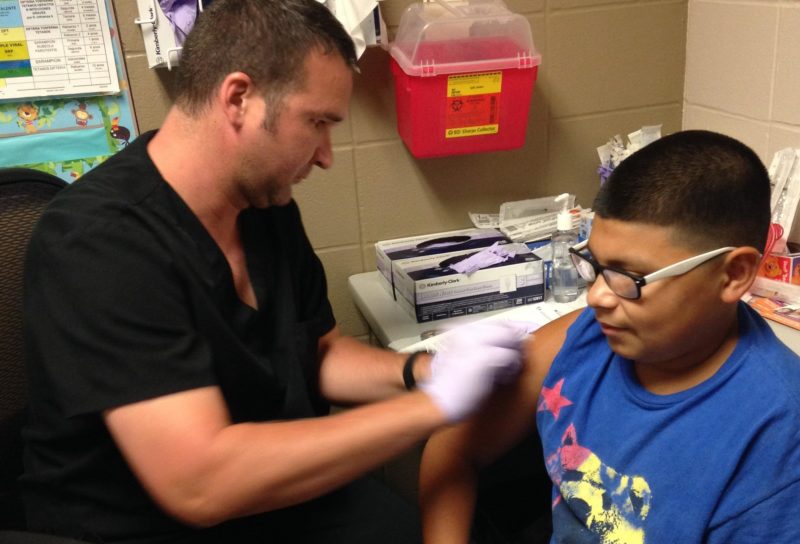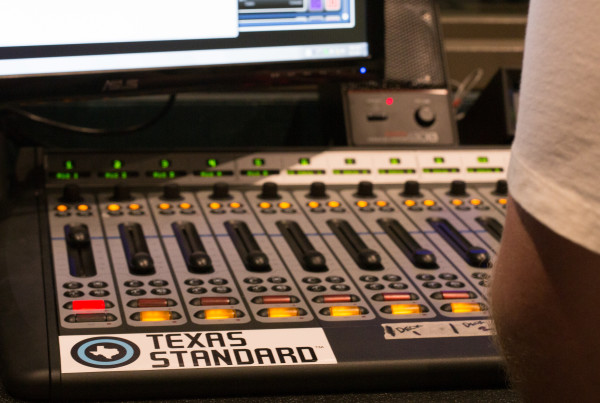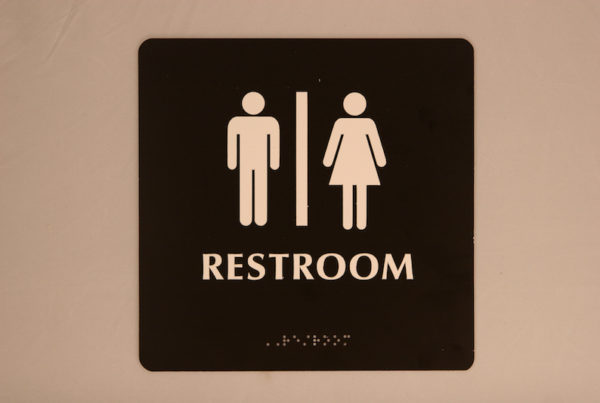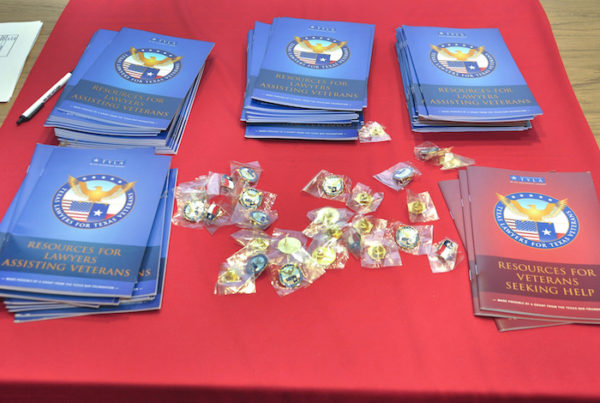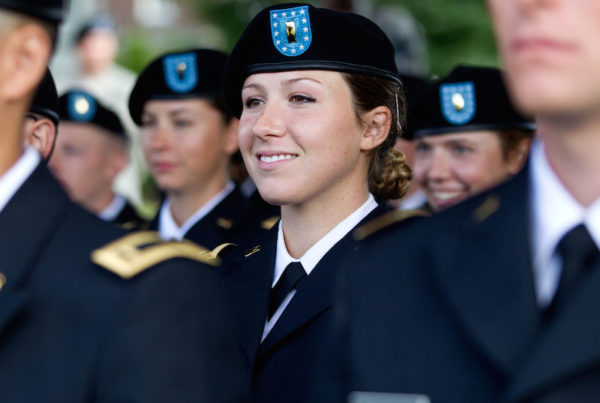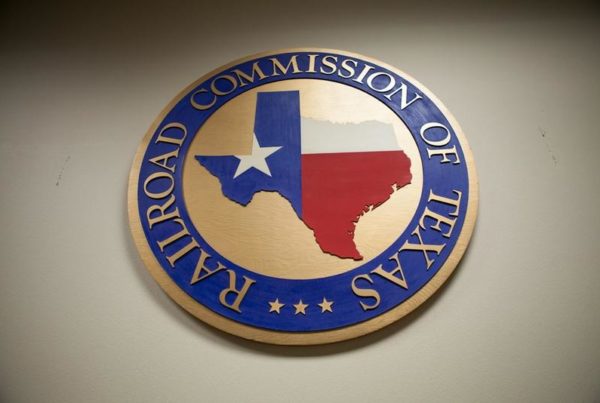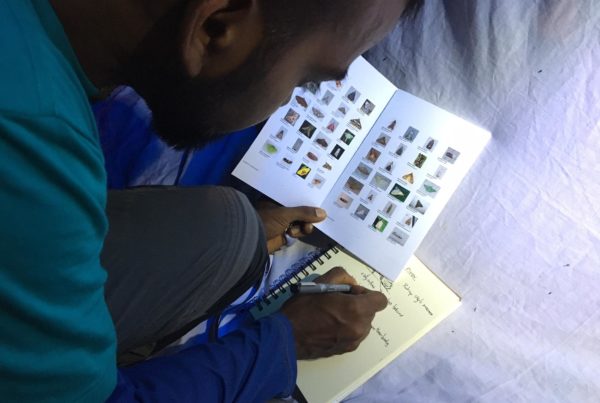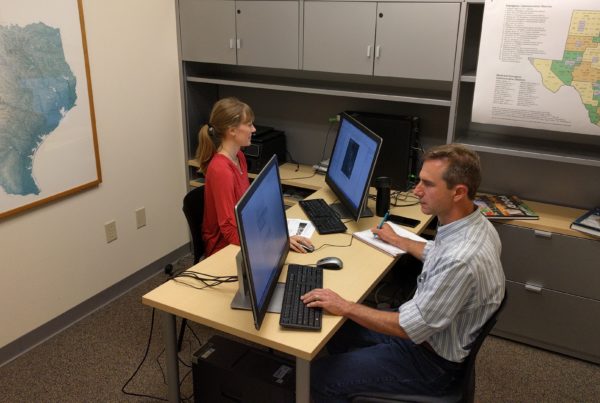From Texas Public Radio:
Nurse Javier Salazar is giving 15-year-old Binnei Posada her vaccines at the Metro Health Immunization Clinic so she can go to school in America for the first time. She just moved to San Antonio from Mexico. Her uncle Lasarus Posada is with her at the clinic.
“The way I see it, it’s important because less risk to anybody else and for her,” Posada says.
Texas public schools require 11 different vaccinations, including Diphtheria, Tetanus and Pertussis. You can get an exception, however, if you have a medical or reason of conscience exemption.
Lisa Owen is a mother of three. She’s not taking her children to the immunization clinic. Paige, who’s 12, and Jackson, who’s eight, both have autism. She says when Paige was first diagnosed, the doctors said her autism was severe.
“They basically told us we were going to have to institutionalize her, that we were never going to get anything out of her, she was never going to communicate, wasn’t going to hug us, love us, talk to us, anything,” Owens says. “And she’s done exactly what they said she couldn’t do.”
Owens says she believes the progress happened because of early intervention, routines, schedules, things like that. And because she had a pediatrician who advised Lisa stop vaccinating her autistic children. Owens says the pediatrician couldn’t be sure that the vaccines wouldn’t make the symptoms worse.
“I think our children do already have some sort of autism and the severity doesn’t happen until we start injecting them with it,” Owens says. “I truly believe that by stopping the vaccinations, it’s improved my children because they stopped regressing. I’ve talked to parents who continue to vaccinate, and their children continue to regress. I really do believe that that does more damage than good.”
Now Owens doesn’t vaccinate any of her kids. She says her children are the only ones in Edgewood ISD who aren’t vaccinated. But in other districts a lot more kids aren’t vaccinated. In North East ISD about 660 students filed for non-medical exemptions last school year.
Anil Mangla is the Assistant Director of Health for San Antonio.
“Kids are vectors for disease. Right? They touch anything and everything and they walk around,” Mangla says. “And more important, they’re in schools which means they’re in crowds. So if you’re in a crowd, the possibility of getting infected is very easy. Now with many of the parents taking these exemptions, we have a problem. And the problem is these kids that are not vaccinated are at very high risk of getting the disease.”
Mangla says vaccines have eradicated smallpox, diphtheria, measles and mumps in the United States, but because of the large amount of international travel, these diseases are coming back. If a student comes to school with a communicable disease – which vaccinations might stop from spreading – the health department’s epidemiology team investigates the school.
“We will identify all the kids that may have been exposed, including teachers,” Mangla says. “The next step is we will identify who is fully vaccinated and who is not. If an individual is not vaccinated and will not want to get vaccinated, then the next step is for them to stay home for 21 days for that incubation period to pass. This includes teachers.”
Mangla says depending on how big the outbreak is, the school may close.
For those who believe they should have the right not to vaccinate their children, a major concern is that vaccinations might cause autism. Mangla blames a single study for that perception.
“It was rigged in some way with the data,” Mangla says. “The data was incomplete. Some of the studies were not performed correctly. And the key thing with that study was it could not be replicated.”
Texas schools have seen a steady rise in non-medical vaccine exemptions for over a decade. Texas is one of 18 states that allows these in public schools.


